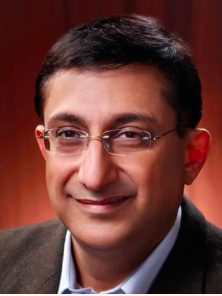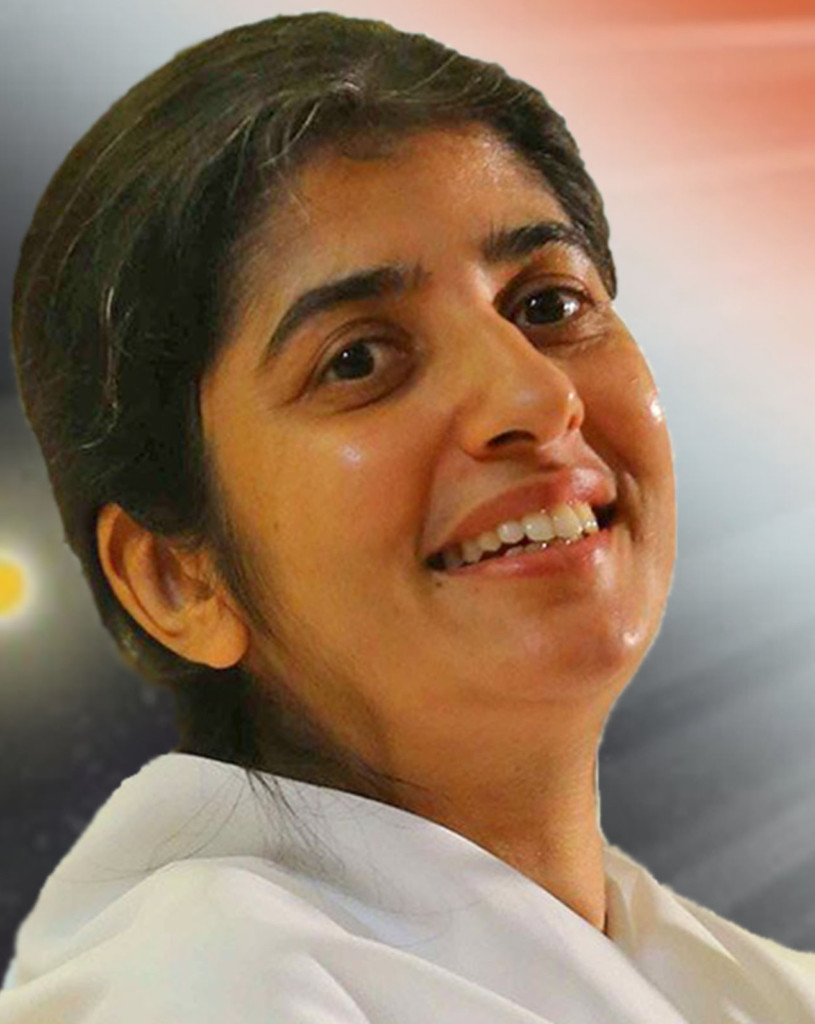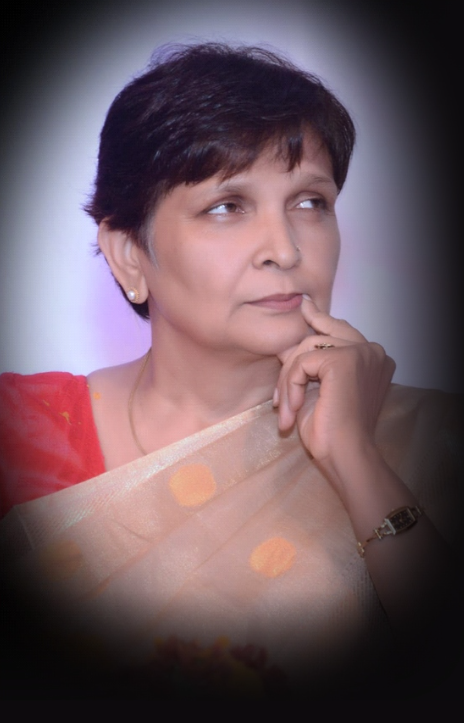Glancing casually through quotes on mediation, I came across the ones: 1O% of conflict is due to a difference of opinion. 90% is about the wrong tone of voice.
- Conflict resolution is a first mindset and then a skill set.
- Dialogue is the most effective way of dealing with conflict.
- It takes courage to speak but also to listen.
- Most people don’t listen with the intent to understand. They listen with the intent to reply.
- In the middle of difficulties lies opportunity.
- It is an attitude that damages or deepens the relationship.
- Can’t we all get along?
- It is never too late to be who you might have been.
- If everyone is moving forward together, success can take care of itself.
- A good settlement is better than a good lawsuit.
Mediation is about all this and much more. It is, indeed, heartening that over the years mediation has become popular, especially with our institutions. The Covid 19 pandemic is now driving the trend towards virtual mediation, with mediators having to use technology in order to transition from the physical setting to an online one.
Having taught mediation as adjunct faculty since 1998 in various law schools and other institutions, and has acted as a mediator for the same period, I, however, find that what we teach in mediation courses and how we teach in mediation courses is out- dated and inadequate. It is imperative that we adopt better practices in mediation– both in terms of curricula and pedagogy.
Given the global reach of modern technology, should not mediation curriculum across India include, for instance, technology-based mechanisms, blockchains, and smart contracts? Where parties to a smart contract agree to give pre-determined access to the mediator in order to enable him or her to code/insert the settlement agreement into the blockchain which would automatically lead to the transfer of assets or monies of one party to another on the blockchain in terms of such settlement agreement, should not the mediator be at least familiar with these concepts? However, devising the curriculum to understand the kind of issues that could arise from smart contracts is a far cry when most existing modules in India do not even cover obvious subjects that ought to be an integral part of any mediation course, like restorative justice or models to analyze and rank the underlying interests of the disputants prior to commencing mediation.
Similarly, should not modern teaching methods be followed in order to effectively enable the mediator-trainee to acquire the requisite performance skills? Should not the pedagogy include, for instance, faculty demonstrations at every step of the teaching process? Further, the common teaching method used in India is “learning by doing” through a simulation exercise by the mediation-trainees, followed by a generalized discussion by the faculty. But then, the very purpose of a “learning by doing” session is lost if each trainee is not made aware there and then about the areas of concern in his or her individual performance and is not told how to address it. Should there not be an individualized, scientific, and structured feedback or review by the faculty on the performance of each trainee at various stages of the mediation simulation exercise? Should not such feedback at the time of the individual performance be supplemented through a video review of that performance? Again, should not the drafting of a mediation settlement agreement be viewed as yet another performance skill meriting an individualized and structured review by the faculty? In other words, the capacity and skills of the mediators need to be enhanced by affording them proper mediation training. And in order to do this, the mediation-trainers need to first themselves possess these skills as also the ability to give such feedback or review.
The purpose of mediation writings, like those contained in the e-magazine before you, is to provide a platform to discuss and debate these and other fascinating layers of the mediation theory and practice, so that a consensus can eventually be reached on what it will take to make mediation the preferred means of handling and transforming conflict.
About Author
Dr. Aman Hingorani
Advocate-on-Record & Mediator, Supreme Court of India, and was commissioned to prepare the ADR module for the All India Bar Examination conducted by the Bar Council of India as also the ADR Manual for FICCI as its National Consultant, and the Mediation Rules for the PHDCCI. He is Member, Board of Mentors, M.A. in Mediation and Conflict Resolution, MNLU, Mumbai.






